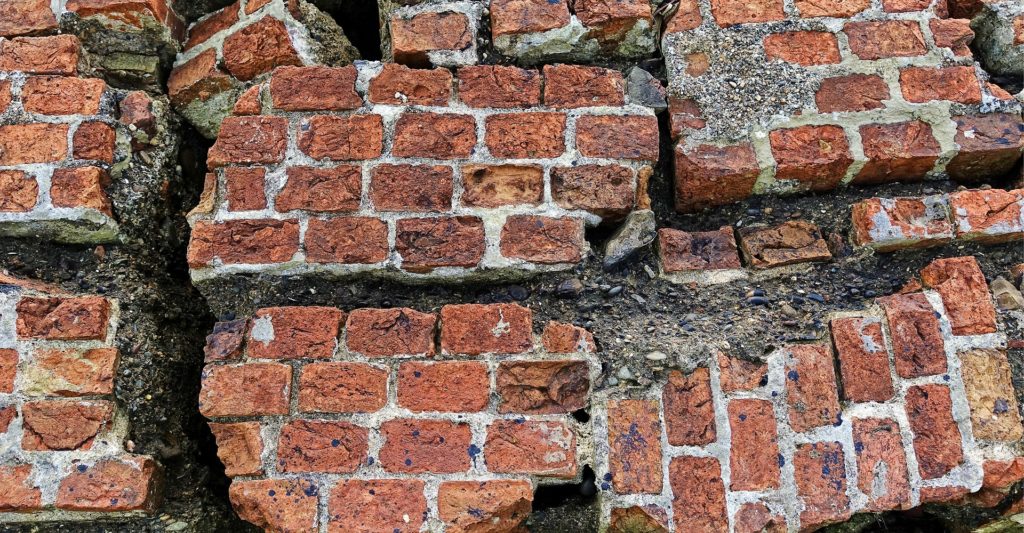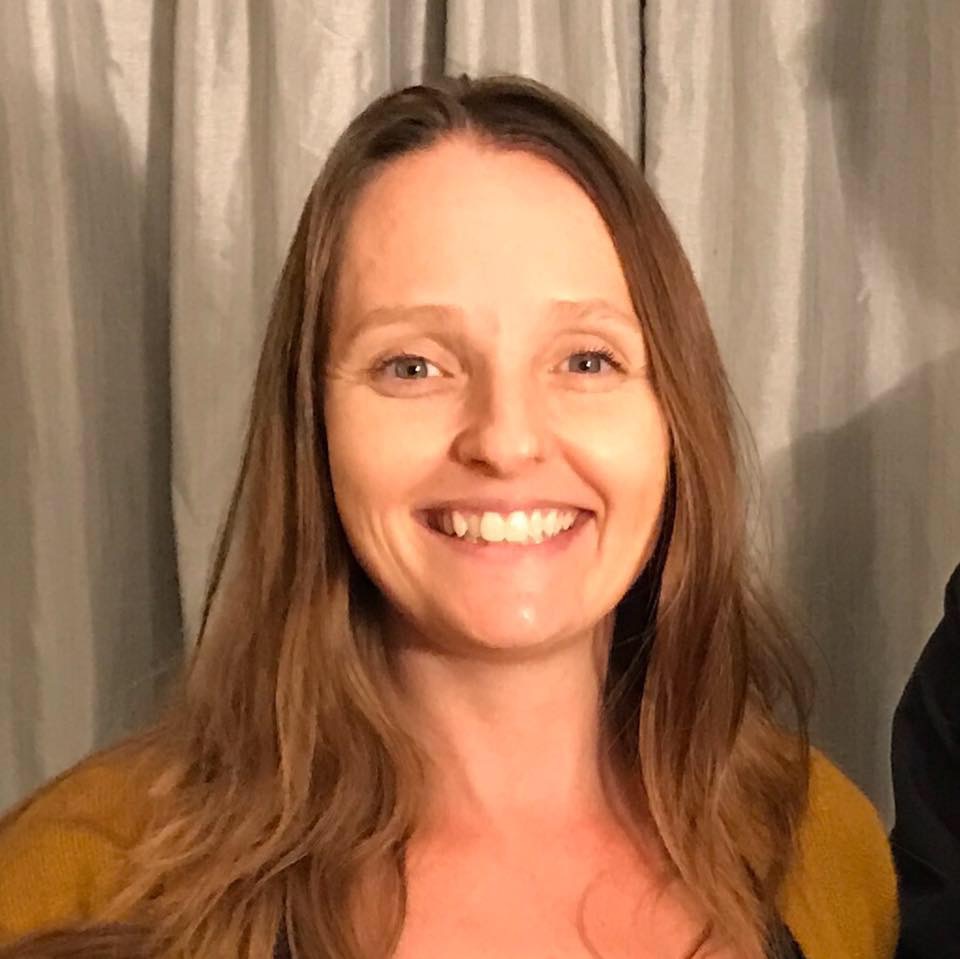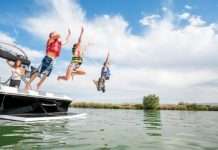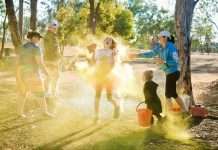
1. Sign up for your local government’s emergency alert notifications.
I find the texts especially helpful. Don’t forget to sign up for the areas where you work and where your children attend school, in addition to your home’s location. Sign up your partner, older kids with a phone, and encourage any caregivers to opt-in as well.
2. Give yourself power!
Make it a goal to keep your phone charged above 50% and keep your gas tank (or car battery charge) filled above 50%. This is something I struggle with, getting busy and waiting until I’m on fumes to fill up, but I feel safer when I’m prepared.
3. Throw an old pair of sneakers and some socks in the trunk of your car.
Clear roads aren’t guaranteed and some of our cute shoes aren’t the best choice for walking through debris or long distances. Bonus if you add closed-toe shoes for your kids (Ratty or hand me downs are great for this. Ask your friends. Free and so much safer than summer flip flops).
4. Find your home’s gas and water shut off valves (even better if you have a wrench to keep nearby).
In a major disaster, you might need to stop a gas or water leak yourself. Look up a Youtube video if you’re unsure of how or when you’d do this.
5. Prep your little ones.
For younger kids, work with them to know their full name and yours. For older kids, add in a family phone number and home address. It’s also helpful for older kids to know where their parents work. You can add a print out of this information to backpacks and diaper bags for reference.
6. Make a paper copy of the addresses and phone numbers you’d like handy in an emergency.
Look up a checklist if you’d like a starting point. Don’t let trying to make the list perfect delay getting this started. Add copies to your home, workplace, and cars. You can update these as you further think through your plan and needs.
7. Put a flashlight with fresh batteries next to your bed.
Any flashlight to start. In a pinch, start with keeping your phone next to the bed.
8. Decide with your partner where you’d like to meet if you’re separated during an emergency and lose contact.
Scary, I know. Who will get which kids and where will you try to go first, assuming it’s safe? With older kids and teens, do you want them to wait for you? Try to get home? What about your nanny? Do they know your plans? Developing a full family plan is more involved and time-consuming, so this is just a quick touch base to put everyone’s mind at ease and get started. Take notes and revisit later.
9. Read through some 72-hour kit packing lists.
Don’t let yourself get overwhelmed, you’re just getting familiar with the basic information. Your kit doesn’t have to be fancy or expensive. The base content will be similar between resources, so choose which site appeals to you as your list moving forward. Start here:
10. Set a date to start assembling your kit and put it on the calendar.
Swap childcare with a friend, clear the morning while the kids are at camp, or throw on a movie to give yourself a block of time. This is when you can print that checklist, gather what you have on hand, and go down the research and planning rabbit hole.
Don’t wait to get started. You’ll be thankful to have any kind of preparation in the event of an emergency.
 Erika Bailey
Erika Bailey
Erika was born and raised in Menlo Park and married to her high school sweetheart Eric, who’s also a native. They are thrilled to raise their family blocks away from where we both grew up. Erika’ a teacher turned stay at home mom to Olivia, Jackson, and baby #3 coming in the fall. She loves being outdoors, collecting and trying new recipes, and going on day trips around the Bay Area to explore with her family.

















